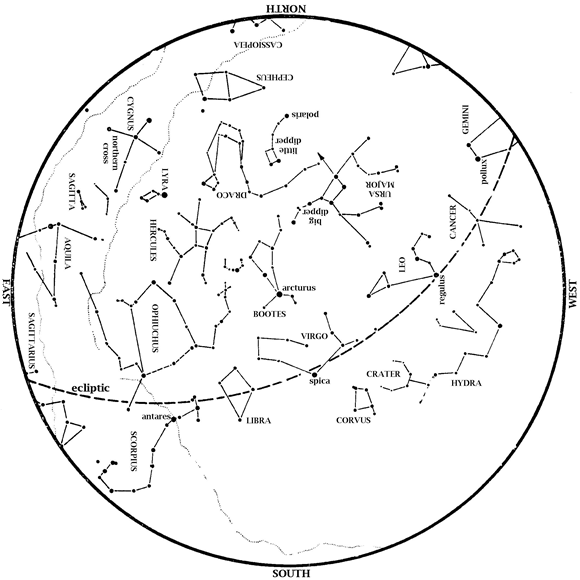By Scott Solomon
“It is not what man has been, but what he will be, that should interest us” – H. G. Wells
On this day 150 years ago in Bromley, England, a child was born to a family of modest shopkeepers. Known to his family as Bertie, he broke his leg at the age of seven, an accident he would later describe as a pivotal moment in his life. To pass the time while recovering from the injury he read incessantly, fostering a love of books that would persist all his life. He would go on to become one of the most influential authors in history and help launch the modern genre of science fiction.
Herbert George Wells became an instant success with the publication of his debut book, The Time Machine, in 1895. His timing was impeccable. The idea that species change through time through a process called natural selection was still new—Charles Darwin’s On the Origin of Species was published just seven years before Wells’ birth. The implication that humans had evolved too—and that we might still be evolving—was spreading through polite Victorian society faster than cholera.
H. G. Wells was fascinated by evolution, having studied biology under T. H. Huxley, Darwin’s most outspoken supporter (whose grandson, Julian Huxley, founded the biology department at Rice University where I am now on the faculty). In The Time Machine, the protagonist travels through time to see humanity’s past as well as its future. Arriving in the year 802,701 AD, he discovers that humans have evolved into two distinct species, known as Eloi and Morlocks. The Eloi have diminished physical and intellectual abilities due to generations of disuse, and are tended like livestock by the ape-like, subterranean Morlocks. It was a grim view of how our ongoing evolution might unfold, meant as a criticism of class divisions in Victorian England.
Wells was an educated man, and his dystopian vision was an extension of the latest scientific knowledge of the day. At the time, there was very little information available for forecasting our future evolution. Yet many of Wells’ other imaginative ideas—he predicted technological advances such as lasers, cars, automatic doors, and nuclear weapons—have since come to fruition. What about our future evolution?
Today, the evidence that has accumulated from the fields of anthropology, demography, human genetics and genomics, medicine, and microbiology allow us better insight than ever before into our evolutionary future. This is the premise of my new book, Future Humans. As an evolutionary biologist, I wanted to know what science can tell us about how humans will continue to evolve based on what we know about our past and what is happening today. My research for the book spanned more than two years and included trips to England, Scotland, Quebec, Massachusetts, Washington, D.C., and a simulated Martian colony in the Utah desert. My sources include peer-reviewed research articles, seminars, and dozens of interviews I conducted with researchers.
My overall conclusion would not come as a huge surprise to H. G. Wells—as a species we are indeed still evolving. But we are entering a new phase in our evolutionary history—one that I believe makes the future more interesting than ever before. Our ongoing evolution will be influenced by whether we maintain our massive population size (currently 7.5 billion and growing), our global transportation network, how we respond to the constant threat of infectious disease, and our use of technology and medicine—including precision gene editing, assisted reproductive technology and contraceptives, and even online dating.
Socioeconomic divisions play a role in our ongoing evolution, too, but there is no reason to believe that we will become like the Eloi or Morlocks. In fact, if recent trends continue we are more likely to become extinct before any new human species could evolve. That is, unless the efforts currently underway to establish permanent colonies on Mars are successful and we become spread across the solar system (or beyond, to places like Proxima b). Our descendants on other planets may indeed evolve into new species adapted to local conditions, just as plants and animals so often do when they become isolated on islands.
Should that happen, Wells would be at least indirectly responsible. Modern rockets were invented by Robert H. Goddard, who was inspired to find a way to send people to other planets after reading another of Wells’ books, War of the Worlds.
Scott Solomon will be will be at HMNS on October 25th to present his fascinating lecture: Future Humans. Tickets are available for purchase HERE








